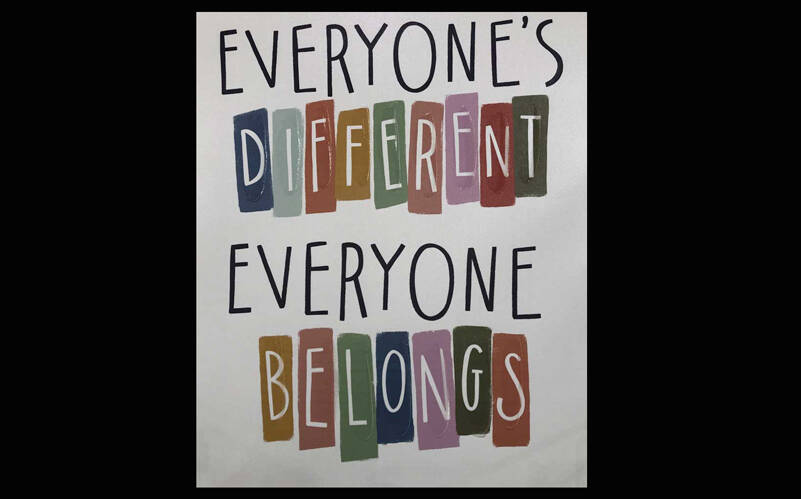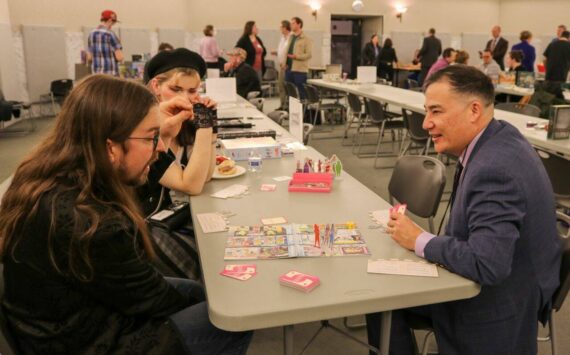By Morf Morford, Tacoma Daily Index
Like everything else, the workplace – and what many of us expect from it – looks very different from just a few years ago.
Remember the “hustle culture” from just a year or so ago? What became of the gig economy where many young people held three jobs until “the right one” came along?
Many “older millennials” had a level of success – or at least some trappings of it before COVID.
But not the younger generations – they have only ever known stagnant wages, insecure contracts, sudden down-sizing and relentless, crushing, student debt. To put it simply, the landscape of the current workplace does not appeal to them.
Presenteeism
Many young people don’t mind work. Most find it creative and energizing.
They just don’t want to go to an office to do it.
Commuting is so Twentieth Century.
Managers and companies who try to insist on presenteeism, from Elon Musk to Chase Bank are bucking an irresistible trend.
Yes, building a corporate culture and a solid system of mentoring and developing future leaders is impossible without shared time together.
But every day?
The cubicle is not the promised land
In the post-pandemic economy, workers are voting with their feet. And their laptops. And their phones. And their skills. And visions.
The transition will be clumsy and certainly inequitable.
Consider it objectively; how many jobs require physical presence? Many do, of course. But many do not. And never did. And thanks to technology, and worker demands, probably never will again.
Only in-demand talent will be able to dictate their terms. At least at first.
The name on the door
There was something reassuring, even almost permanent about having an office – and predictable office hours.
Young people suffer no such illusions.
For better or worse, we are in a global economy that never sleeps.
And work, even staff meetings can happen anywhere and any time – and often with a mix of time zones, ethnicities and national borders.
Mix in inflation, the Ukraine war and the climate crisis and you have a recipe for a workplace that looks far more like the world than the pattern, just a few years ago, where the world looked like (or at least some seemed to want the world to look like) the workplace.
But then a funny thing happened. Thanks to a pandemic, furloughs, downsizing, unpredictable supply chain problems and labor shortages in almost every area and industry, many young people decided that they didn’t want to play the game anymore.
What did I want to be when I grew up?
In a recent survey of more than 23,000 British workers aged 18 to 38, work-life balance was found to be their top priority when choosing an employer, and 75% preferred remote or hybrid patterns.
And, for more and more young people, when it comes down to the choice between career and mental well-being, the office is the first to go.
With the leisure (or pressure) to ask the questions of how they spend their time, where they find meaning and their hopes for the future – more and more young people found the workplace cubicle – and its schedule – and demands – leaving much to be desired.
In one survey, 37% said their job had become less important to them through the pandemic, with many citing burnout or a change in values.
Some call it the “great re-evaluation”: a large-scale reckoning that will shape the future of work for decades, if not generations to come.
Dissatisfaction with modern work atmospheres– rigid hierarchies, bumbling management, lack of recognition and appropriate pay – has been mounting for decades.
And little by little some of us are reclaiming, or discovering the value of health, hobbies and relationships.
Fewer and fewer of us are willing to tolerate needless presenteeism, stress, toxic workplaces, domineering, bungling Dilbert-style managers and dreadful (and increasingly expensive) commutes.
Getting there will be awkward and uncertain, but wherever we end up, the workplace of the rest of this century will look very little like the familiar office and work settings we’ve seen on television or in real life for the past many years.
For many of us, our dollars are worth less and our time is worth more.
Where and when we work, or even if we work, has taken on a new urgency – and, for many of us, a new set of possibilities.
In short, it’s a new “great re-evaluation”coming to a workplace near you.





